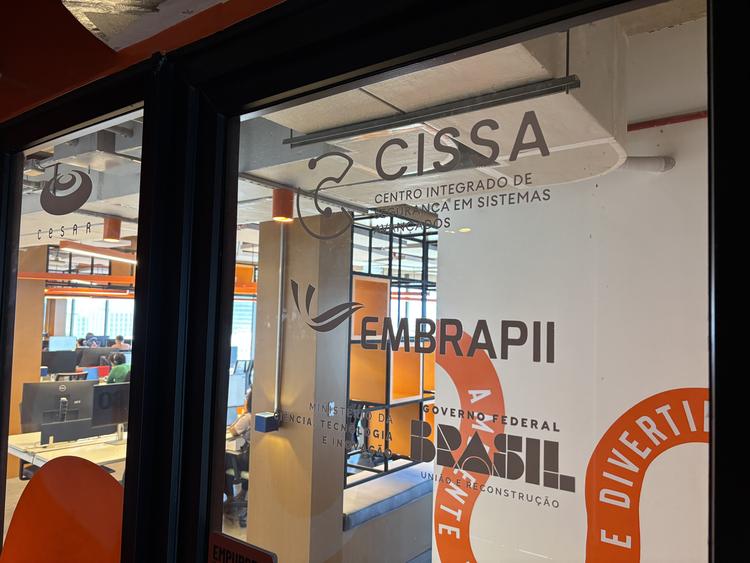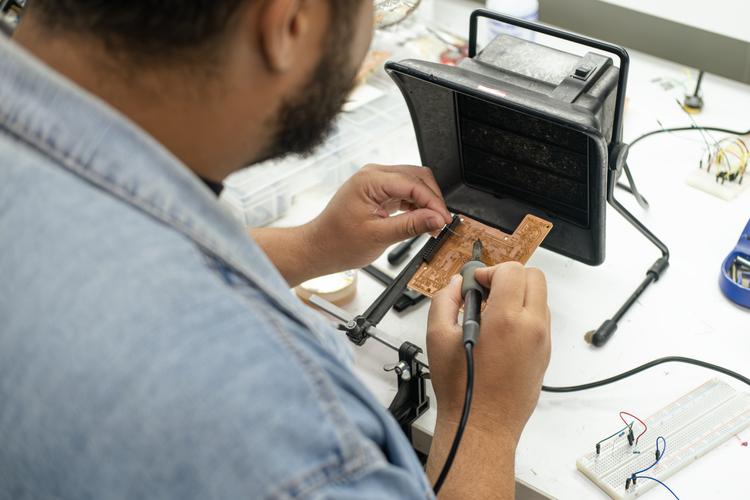2 mins to read
CESAR .
Publicado em: 10 de outubro de 2023
How Generative Artificial Intelligence is Transforming Education

The field of Generative Artificial Intelligence (AI) in education has deep roots, dating back to studies conducted in the 1960s. Chatbots and pioneering educational programs such as Eliza and Scholar paved the way for intelligent tutoring systems. Today, with its recent advances, AI is shaping education in innovative ways, offering opportunities to enhance the quality of teaching and learning by providing more effective assessment, feedback, and engagement.
Generative AI encompasses various subfields, such as Learning Analytics, Data Mining, and Scale Learning, contributing diverse perspectives and methodologies to integrate new technologies into educational contexts. This potential, as well as successful applications, limitations, ethical considerations, and future trends, is explored in the white paper “Education in the Age of Generative AI – Context and Recent Developments.” The article is authored by professors Rafael Ferreira Mello (CESAR), Elyda Freitas (CESAR and UPE), Filipe Dwan Pereira (CESAR), Luciano Cabral (CESAR and IFPE), Patricia Tedesco (UFPE), and Geber Ramalho (UFPE).
The document is part of a series aimed at clarifying the role of AI in education, providing a comprehensive view of the field and highlighting recent developments. It offers a holistic view of the topic and key concepts, addressing critical issues to facilitate the effective integration of generative AI into educational institutions.
Personalized learning has been one of the cornerstones in leveraging AI for advancements in education, offering individualized experiences tailored to each student’s needs. One successful example is OpenEdX, a platform founded by Harvard and MIT. Another important aspect of this integration model is predictive analytics, which uses statistical and machine learning techniques to analyze historical educational data and predict future or unknown educational outcomes.
Among intelligent virtual assistants, there is the example of the Cognitive Tutor from Carnegie Mellon University. It is a system with AI algorithms to dynamically modify instructional content and provide personalized feedback to students.
“By harnessing personalized learning, intelligent tutoring, automated assessment, and individualized feedback (among others) through AI-driven tools, education can transform into a more adaptive, efficient, and immersive experience. However, simply adopting AI, GenAI, or other technological advancements in educational environments is not enough to overcome the challenges faced by institutions, teachers, and students,” the text states.
To read the complete white paper, click HERE.
You may also like

Laboratório IIoT: Como provas de conceito estão reduzindo riscos e acelerando a inovação industrial em Manaus

Projeto Yara acelera formação de talentos em tecnologia na Zona Franca de Manaus

CESAR e The Shift se unem em série de conteúdos sobre cibersegurança

